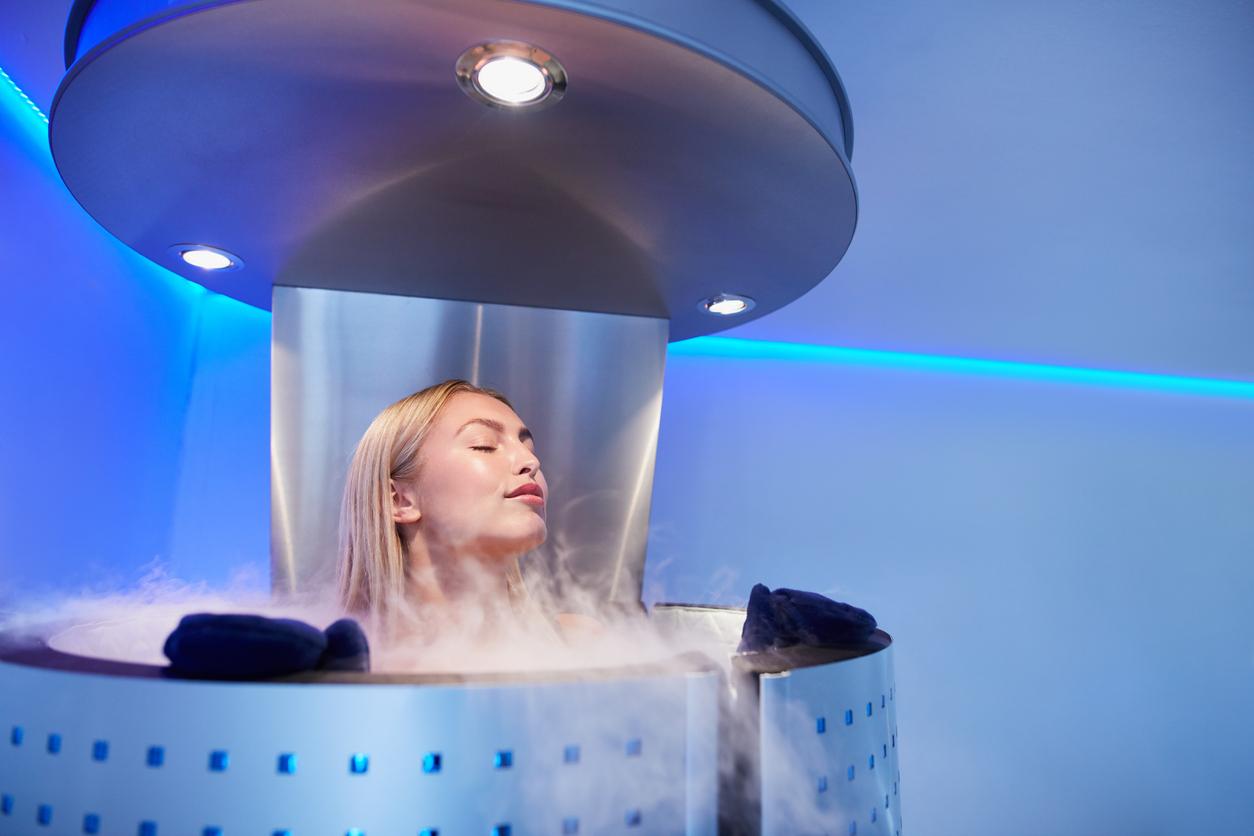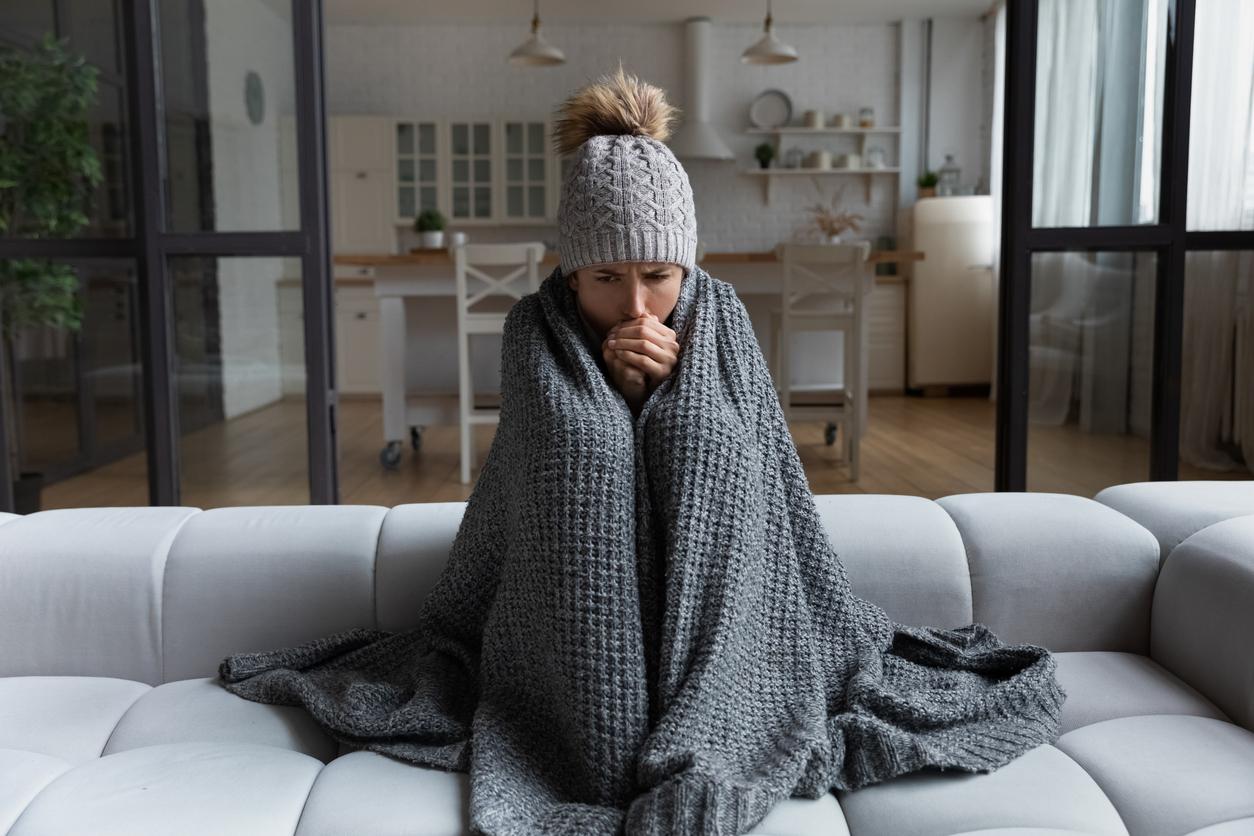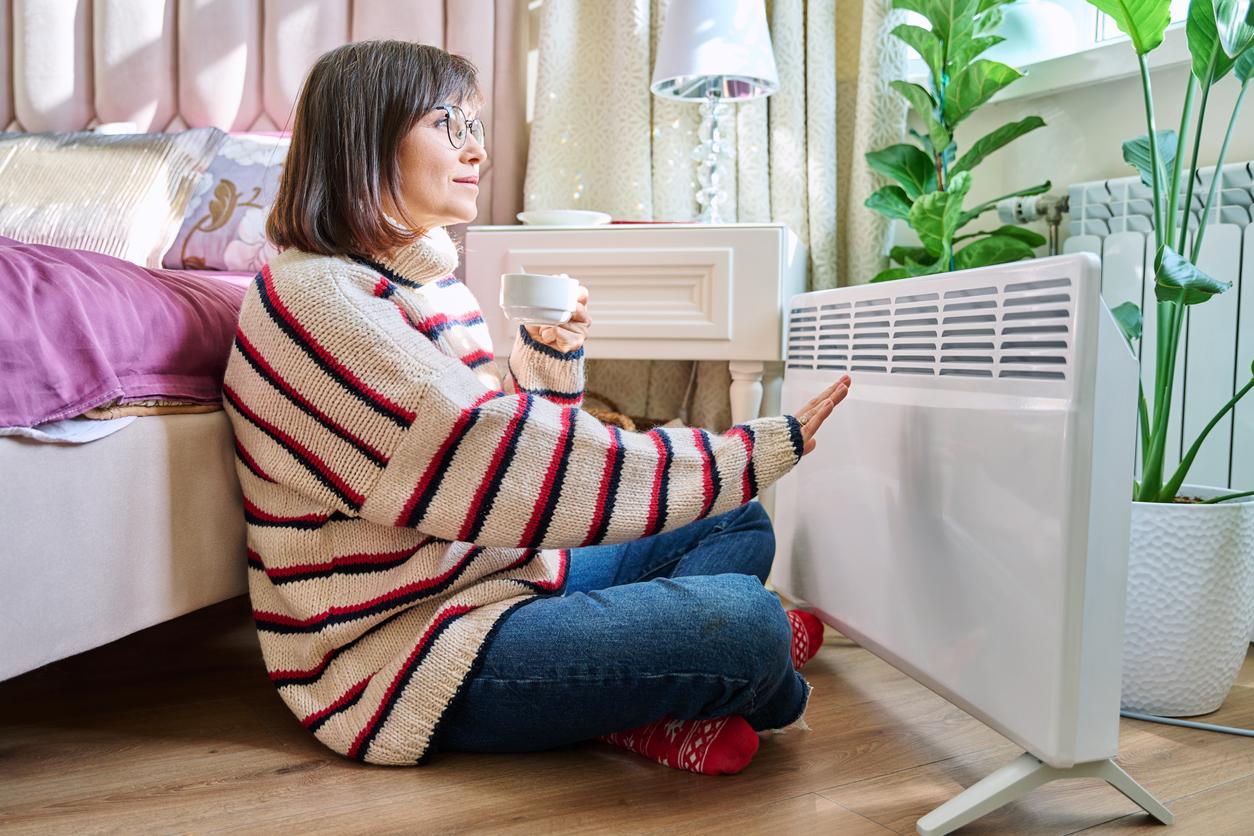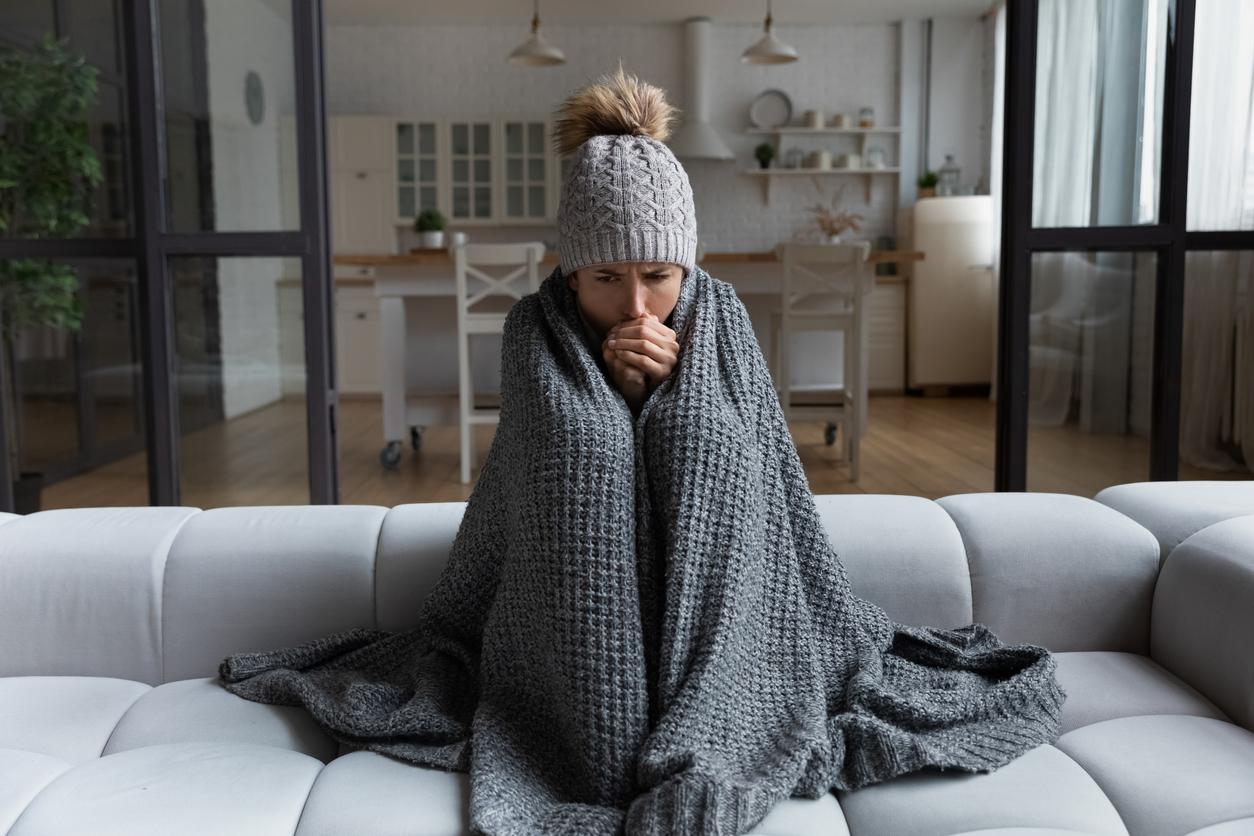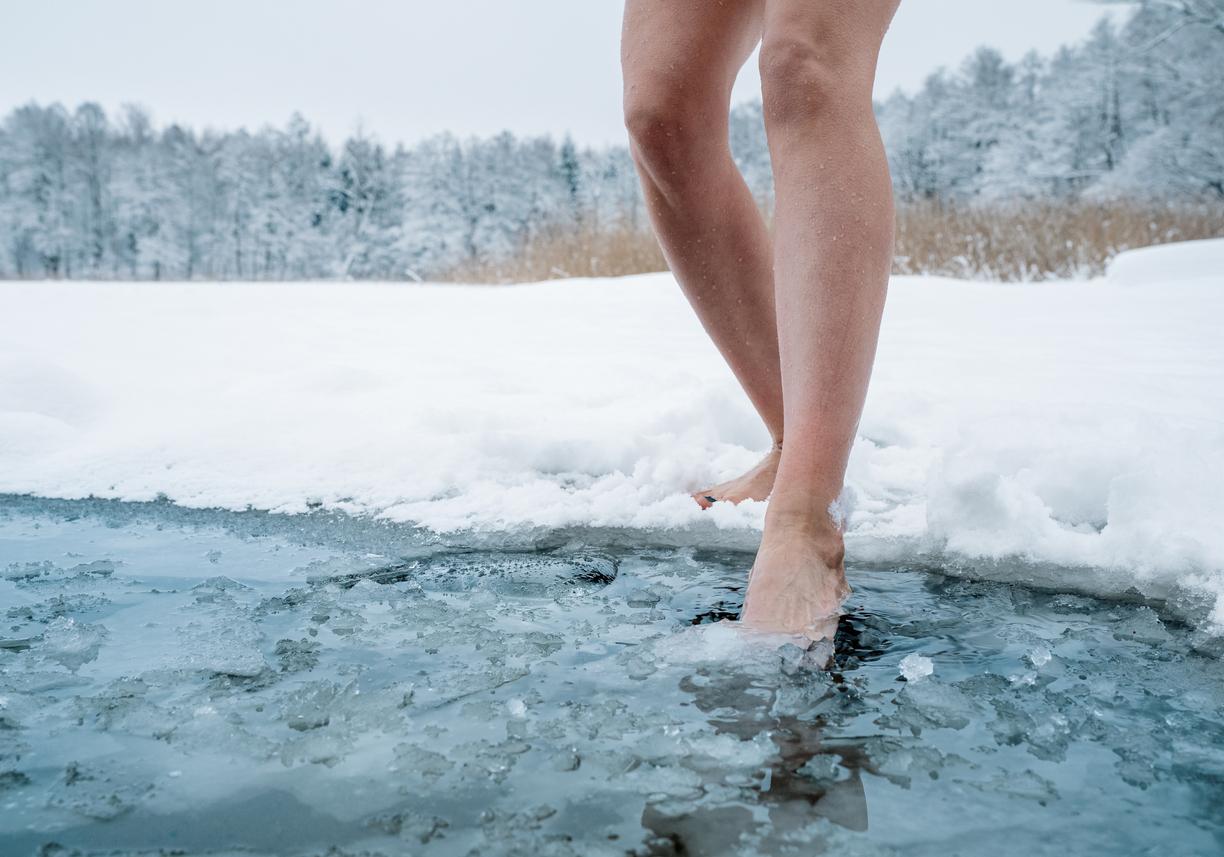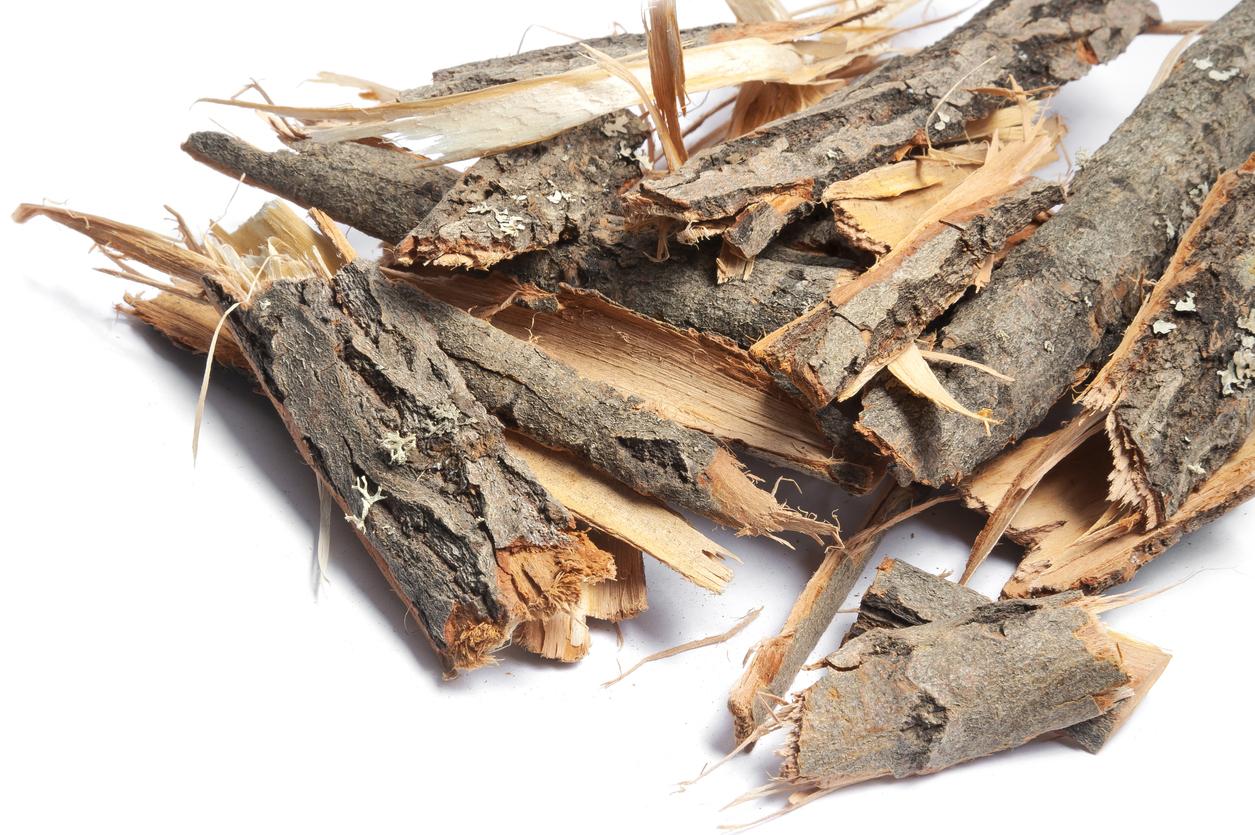The skin is particularly attacked and winter. It becomes dry and can be tight and give unpleasant sensations. It must be hydrated and protected
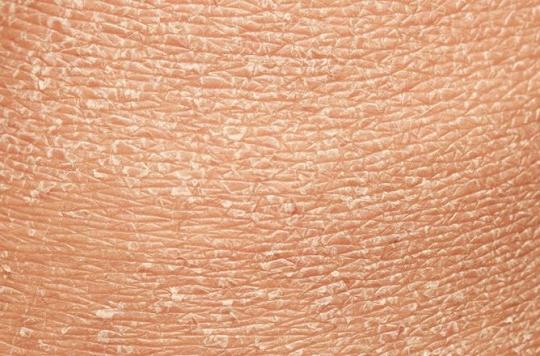
The skin is often dry in winter. Dry to very dry skin first manifests itself as an unpleasant feeling on the face and body, especially after bathing or showering. The skin feels tight and has a “snakeskin” effect.
The skin is the heaviest and largest organ in our body: it weighs 5 kilograms and measures almost 2 m2. It is a very complex and very interesting organ because it is at the level of the skin that most of the reactions with the environment, and in particular with the immune system, take place.
The skin is our body’s first line of defense against bacteria and viruses. It is also waterproof and regulates our body temperature. In winter, the skin suffers from the aggression of the cold, the dryness linked to heating and clothing.
Combined aggressive factors
People with dry skin do not drink enough, barely a liter of water. The feeling of thirst tends to decrease with age. It is therefore even more important to drink regularly if you are an elderly person.
It is clearly established that pollution has a harmful effect on our skin: dull complexion, dehydration, skin aging… Just look at the small fine particles that fall on your window sill to imagine that they also fall on your skin !
Our apartments are more heated, our houses are heated by the ground, the air is drier. The ideal is to sleep in a cooler and well-humidified room.
Bath or shower?
Taking a bath causes the skin to be hyper-hydrated and all wrinkled at first, then it is completely dry. Better to take a lukewarm shower.
It is especially important to avoid that there is too great a difference in temperature between the water in your bath or your shower and that in your room.
What soap?
The normal soap is rather reserved for people who have thick skin and who support it. Soap is alkaline, but the pH of the skin is rather acidic: we therefore have a “soap effect” which dries out the skin. We will advise people who can tolerate it a good soap, for example a real Marseille soap with olive oil. Beware of Marseille soaps made in China with rendering fats!
But otherwise, it is sufficient to use so-called “soap-free” shower gels which do not dry out the skin because their pH is the same as the pH of the skin. Preferably, they should not be too perfumed because all these perfumes are synthetic and often allergenic, and it is better to take brands that are known for their non-toxic products.
Hand washing
Hands are subjected to repeated washing, household products and are often abused in many professions. In this case, there are protective creams, barrier creams which make it possible, among other things, to repair and protect the skin from chemical aggressions due to detergents and water for five washes.
Nourish the skin
The skin is protected by a hydrolipidic film, made up of both sebum which comes from the sebaceous glands and water. This protective film of the epidermis against external aggressions needs lipids to fulfill its role. It is interesting to provide this skin with supplements such as creams, made from oil and water, adapted to its needs: light or creamier cream. But “nourishing the skin” does not only mean putting on creams.
A nourishing cream is a smoother cream where the fatty phase is more important. It will also contain active ingredients against wrinkles or against dryness. It provides the elements, and particularly fat, necessary for the structure and protection of the skin. There are creams with ceramides, hyaluronic acid which are moisturizing or even creams with vitamin C and antioxidants.
In winter, the skin is much drier and it is therefore essential to also moisturize the skin either with creams or with foods such as omega 3 which can be found for example in oily fish, omega 6 vitamins E.

.









